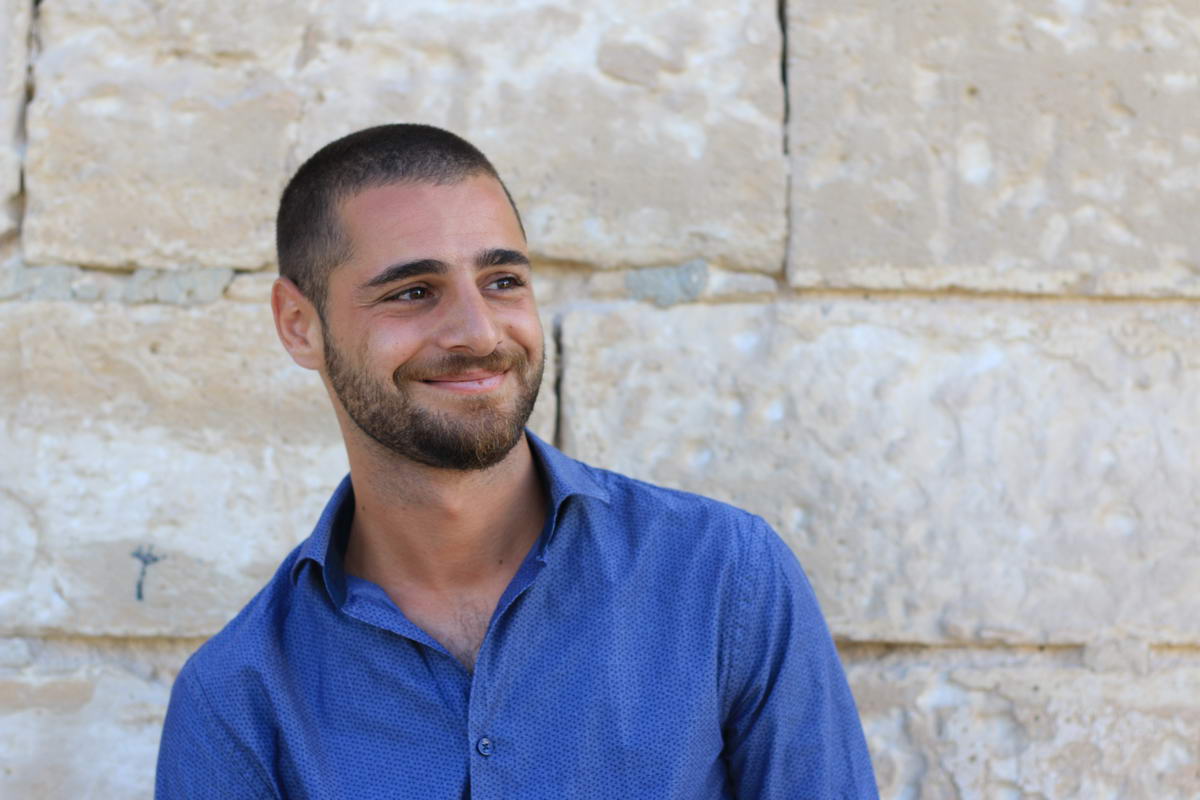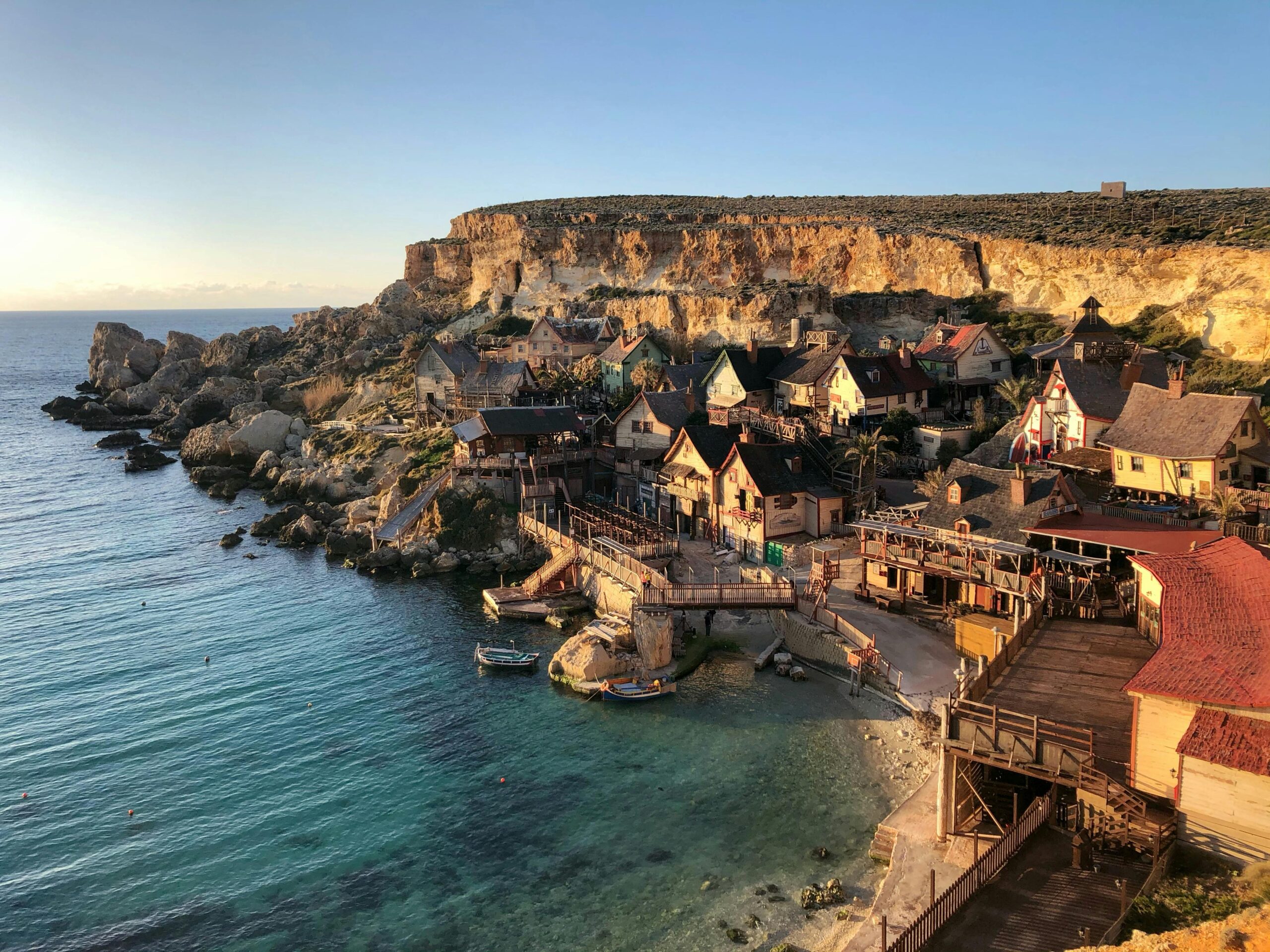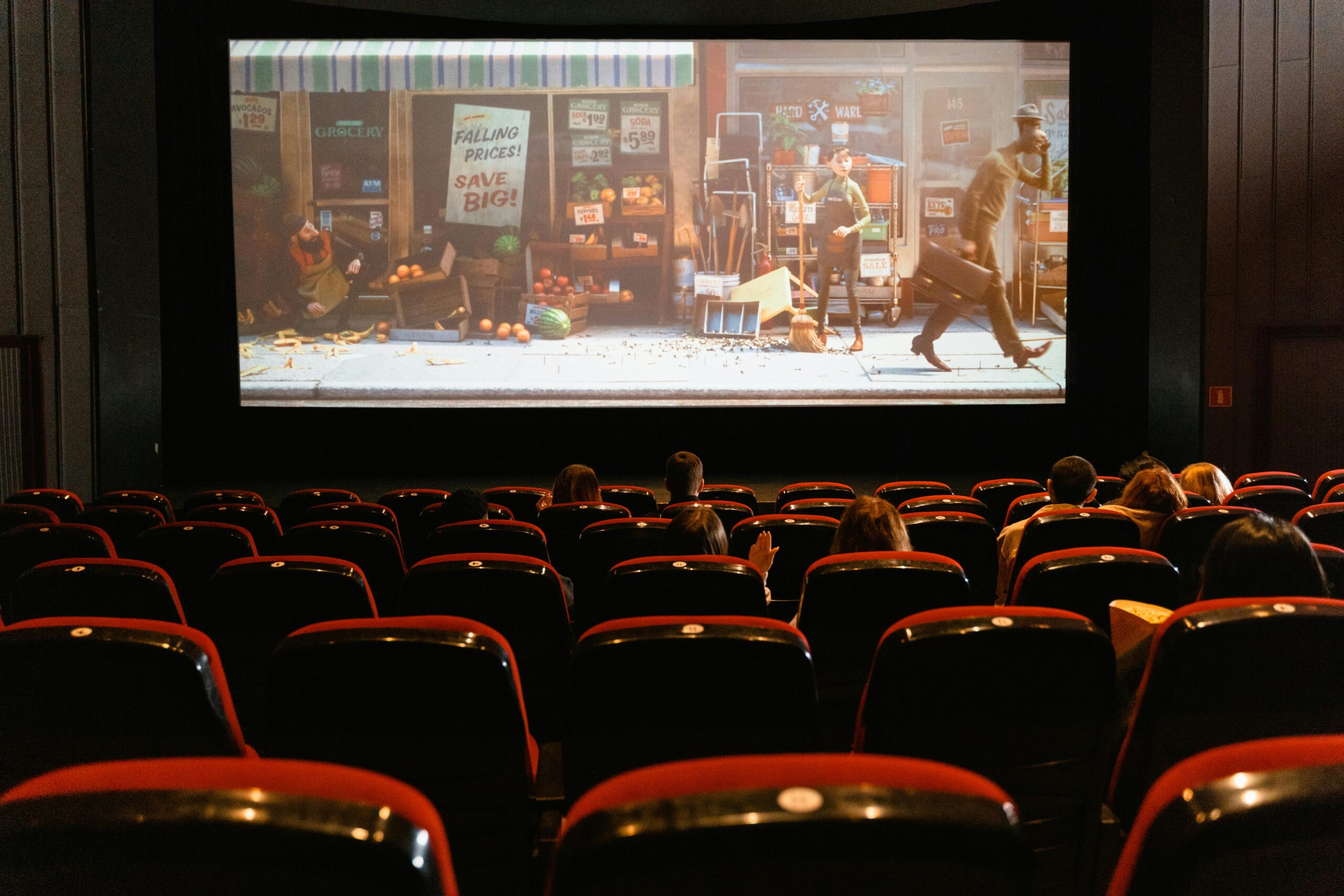The general public often think of theatrical performances as a venue-specific type of entertainment, with its often-misconstrued associations with a higher-level art form. Not that it necessarily isn’t a higher-level art form; however, people tend to conflate that assumption with another – that it is very much an erudite and rather classist form of entertainment.
Or, worse still, that it is something “fun” that people do in their spare time after their day-job comes to an end. Many tend to forget that theatre is actually a business venture in its own right, and often a high-risk, speculative one which may or may not yield profit depending on a multitude of factors. The song “There’s no Business Like Show Business” popularised first in Annie Get Your Gun and later in the 1954 Irving Berlin film which took its name from the song; says: “Where could you get money which you don’t give back?”

The financial aspect of theatre is indeed very much on BusinessNow.mt’s mind as we hope that local theatre companies, which are increasingly becoming highly professionalised, never find themselves humming the lyrics from The Producers: “Who’d think an accountant would turn out to be my Judas!” And while Anton Chekov said that “The role of the artist is to ask questions, not to answer them,” BusinessNow.mt has decided to tackle theatre from the business end, and ask some questions of its own.
After contacting various stakeholders in the business, it is becoming clear that financing large-scale and lavish productions is quite a feat and securing public funding is quite competitive as there are several companies vying for the same pot.
Edward Mercieca, of FM Productions says that they “make use of Arts Council funding as well as our own funds along with the revenue generated by the productions themselves.” anthony bezzina from Masquerade also states that “the majority of our productions are self-funded. They were fortunate, he says, “when post COVID, our two-year theatre programme in Blue Box received funding from Arts Council Malta (ACM).” In fact, Mr bezzina points out that daily operational expenses still require substantial funding.
When it comes to Arts Council applications, Mr Mercieca says that “It’s not easy. But it’s a process that you learn. There is competition.” Like Mr Mercieca, Mr bezzina reiterated that securing funding “is very difficult and the competition is fierce” while “the application process itself is often lengthy and time-consuming.”
Malcolm Galea is a theatre practitioner, full-time writer-director who also runs two theatre companies: More or Less Theatre with sustainability as its goal; and Give or Take Productions which creates original theatre, with the goal of legacy. Additionally, Mr Galea and his partners frequently collaborate with other theatre companies and are commissioned to work in various theatre-related roles with public and private entities. Mr Galea says that as far as funding goes, they also “rely mainly on Arts Council Malta,” while also working “on many projects that don’t require funding and try to work on our own steam as much as possible as we aim toward sustainability.”
Mr Galea, whose latest play, The Trials of Magnus Coffinkey, has just won the Outstanding Theatre Award at this year’s Brighton Fringe Awards earlier this month, says that “the available funding opportunities have shaped our business plan in the past. Public funding can have us work on a project that we wouldn’t usually prioritise in our business model – such as original pieces in Maltese, our educational play programme, and STEM projects.
“We are also engaged by entities to create theatre-pieces (typically for students and aimed for school tours) about such subjects as the environment, water conservation, traffic safety, blood donation, and the like.” Mr Galea goes on to say that “last year there was available funding to Research & Develop a new project and a separate fund to create a rehearsal space. We successfully applied for both initiatives and created our new Boċċi musical (an idea that would not be feasible without public funding) and are currently working on creating a play-factory which will provide us with a permanent rehearsal space, a venue to test new works, and something to offer collaborators. We feel this was a good example of the ACM contributing directly to the development of theatre-culture in Malta.”
Mr Galea thinks that the complexity of securing funds is appropriate “depending on the fund.” He justifiably reminded us that “Funding is essentially the distribution of tax-payer money and therefore the benefactors need to create projects or develop skills that will ultimately benefit the public. That is or should be the primary goal and the benefit to the applicant is a secondary one. If applicants understand this, creating a successful application becomes less difficult.”
Mr Mercieca said that their company has “different areas of revenue” which they use to help fund their productions which “are theatre education for children, sports education for children, casting for the film industry.” Mr bezzina adds that while the bulk of their operation relies on “Just ticket sales, and occasionally assistance from sponsors who contribute towards a specific production,” the rest of their financing comes from a variety of sources such as earnings from public productions, theatre-arts school fees, corporate training and private events. “Producing a play or musical is tough! We barely break even nowadays! So, we must depend on income from our performing arts school to keep us going.”
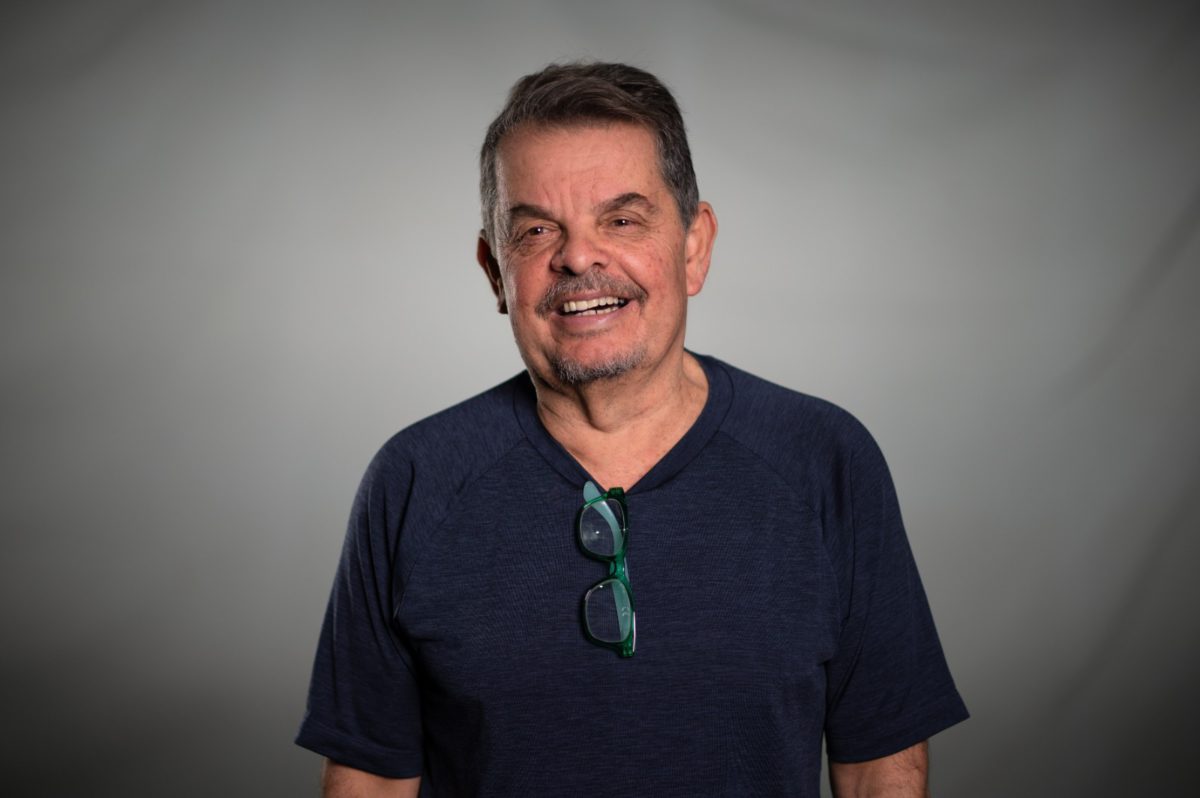
External businesses make use of their corporate training facilities too. Mr bezzina adds that “we do have companies booking our team-building sessions for groups, or one to one public speaking training; and also other companies rent out our studios for small conferences, meetings and other projects. This helps us stay afloat.” This is particularly important since he says that “A small production costs in the region of 20-30K, and a large production can cost in the region of 350K plus” Giving an idea of all the moving parts involved in production costs, Mr Mercieca said that “Every production has its own unique costs but broadly the budget is split into Theatre Hire, Director’s Fee, Choreographer’s fee if needed, Musical Director’s fee if needed, vocal coach if needed, band if needed, cast, costume mistress, set designer, props person, light designer, sound designer, set build, cost of props, cost of costumes, extra lights if needed, sound engineer and sound system, stagehands, Stage Manager, make-up artists, hair and wigs, wardrobe assistants, marketing, photoshoots, flyers, billboards, complimentary tickets, rehearsal space hire,” and, he says, he’s “sure there’s more.”
Marketing and promotion are essential to make the public aware of the production insists Mr Mercieca – a fact that both Mr bezzina and Mr Galea agree wholeheartedly with. Mr bezzina says that “Marketing plays a crucial role, and positive reviews during the run can certainly boost sales. However, nothing beats the power of word-of-mouth. Yet, for a show that runs only for a weekend, there’s limited chance for this organic form of publicity to fully take hold.” For Mr Galea, “marketing usually needs to keep right on going until the final performance. In the case of an original project however, strong marketing will also help foment its online visibility so it’s usually not a bad investment. International reviews are invaluable in our business model as they help build up the work’s pedigree. A project with four or five-star reviews from respected publications would be more likely to generate an audience – or at least stand its ground better against projects with similar credentials.”
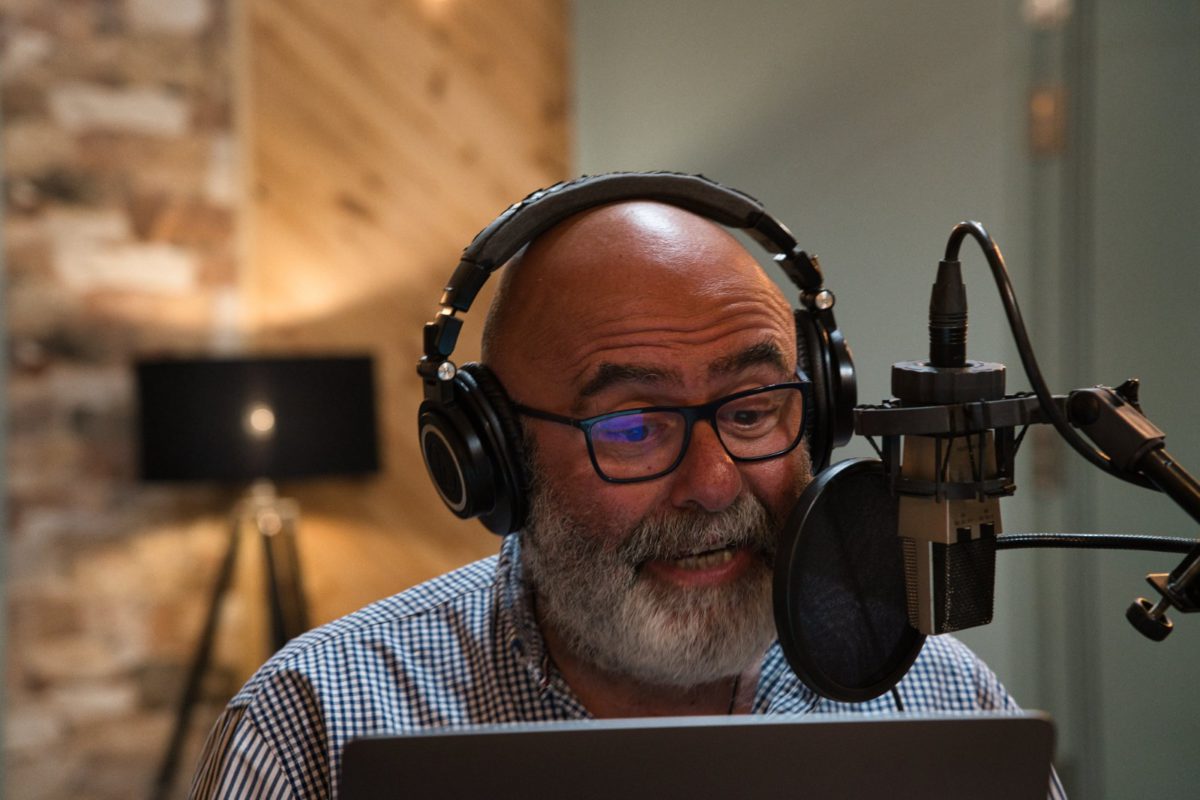
Unsurprisingly, the marketability of a show is “what puts bums on seats” says Mr Mercieca, who goes on to say that “genre, casting choices and lead-actor popularity as well as timing are all important: the summer months are dead with demand, and growth visibly increases from early October only to decline again in June.” The question that arises is whether there should be more collaboration on the part of theatre companies to keep the annual calendar of running performances balanced to avoid “show-gluts” which cause audiences to sometimes choose one performance over another, thus resulting in weaker ticket sales.
All three producer-impresarios agree that while collaboration is good, it is highly unlikely for this to happen. “The problem,” says Mr Mercieca, “is that there is nothing done in audience development, there are no round table discussions, and most importantly, state entities like the Manoel, The MCC, and Festivals Malta are now also competing with the private producers who absolutely cannot compete. State entities do not care if they lose money because it’s not theirs, they over-pay and wreck the market making it much harder for private producers to compete with them.”
Mr Galea takes a more pragmatic approach as he thinks that “the theatre landscape will ultimately benefit from there being many productions to choose from.” And while he agrees that “this may adversely affect producers – leading to some of them to either adapt accordingly or be whittled out,” he feels that “more available options will help strengthen theatre culture. So I’m very much in favour of collaboration but I prefer seeing an organic evolution rather than an unsustainable effort to ensure that every show sells well.” Mr bezzina summed up the situation well by saying that renewed interest in theatre by younger generations is key as “Their engagement could be a catalyst for broader audience growth.”
‘We have to act now’ – Matthew Maggi comments on Trump’s 100% tariff on foreign movies
'Real solution' is to invest in a sustainable local film industry, says the filmmaker
289,030 tourists visited Malta in March of 2025 – NSO
231,448 tourists visited Malta for the first time, while 57,581 were repeat visitors
Maltese film admissions doubled in 2024 – but is it a turning point or a one-off?
While admissions for Maltese films rose sharply last year, industry insiders warn the numbers may mask deeper challenges



